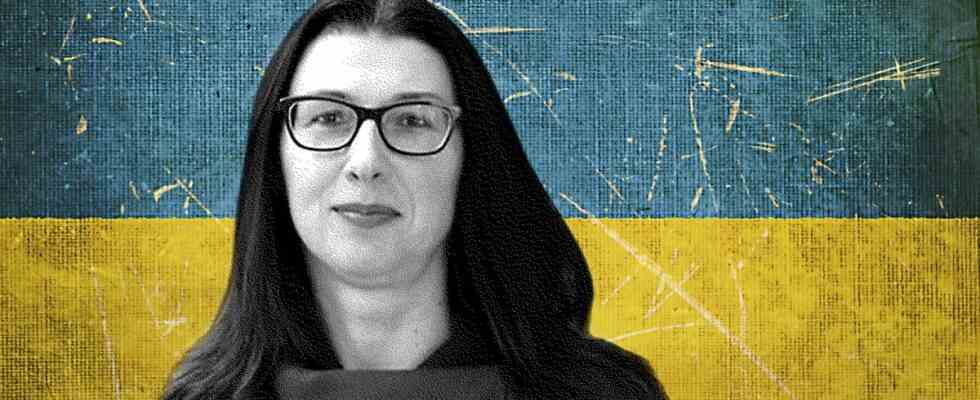I am writing these lines early in the morning on March 1st, the events of the day before and the night make me freeze even more inside, but this rigidity helps me to endure the unbearable. I only have one thing left to say to “the Russian people”: Stop now with your drivel about calling us brothers. We’d rather be in the world as orphans. And decide for yourself who we make friends with or not. The independent Russian media repeatedly shows videos in which Russians in different cities are asked how they feel about the war in Ukraine. Different, yes, we’re a “brother nation,” but it’s not uncommon to hear the voices of those who are convinced: “Vladimir Vladimirovich will know what he’s doing.”
The rector of a private partner university from Târgu Mureş in Romania will already know what he is doing when he offers us to accommodate up to 50 women and children in the university’s guest house. He personally comes to the border to get an overview, a little later the Romanian bus will follow and await the group on the Romanian side. The head of the International Office S. and I have one day to prepare everything. Call, create a list, take care of the logistics. Many colleagues I ask turn down the offer. They are not ready to leave yet. I explain to those who decide to do this what they have to be prepared for. We hire a big bus for the group, but they have to walk the last part of the way to the border crossing. Eight kilometers, maybe ten kilometers. Then you should wait there until it’s your turn, you have to be prepared for several hours. You don’t know what the situation will be like. In the end there are 43 people. S. and a few other men will accompany them to the border, then they will drive back. March 1st is Spring Festival in Romania and Moldova, Marstişor, today many from these two neighboring countries will spend this day at the border taking care of the arriving refugees. Vă mulțumesc Foarte mult, dragi prieteni! (Thank you very much, dear friends!)
Oxana Matiychuk heads the Ukrainian-German cultural society in Tschernivzi/Czernowitz.
That’s what happened in Ukraine: careers without any party affiliation
Yesterday brought a lot of losses, but one that was particularly painful for Chernivtsi. It’s not about someone who died in the war. The 89-year-old professor Oleh Panchuk was not a victim of an immediate war, and yet I know the moment I hear about it that the war took him from us. One of the few surviving old Chernivtsi, a polyglot, professor of inorganic chemistry, a descendant of the famous Bukovinian writer Olha Kobylianska, one who strongly supported the Ukrainian national movement in the 1990s and never had a party membership throughout his life. My first boss. I offer my condolences to Natalia, his daughter, who is my friend, and I dare not ask how he died. But I know it: Panchuk, who was mentally strong and who cared deeply about the fate of Ukraine, could no longer stand this war against his country. And immediately a second thought occurs to me, which may sound perverse: How good that my father, who died a month ago, no longer has to experience this apocalypse. What he had in common with Panchuk was that, as a university professor, he also managed to make a career without joining the Communist Party.
We don’t yet know what today and the coming days will bring us. It is with a heavy heart that we all face this uncertainty. One thing, however, inspires all citizens of Ukraine and gives an incredible amount of courage and hope: We are not left there as orphans.

